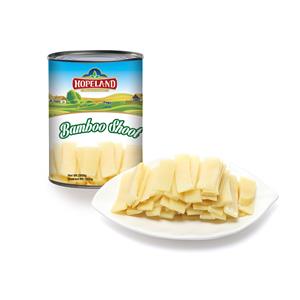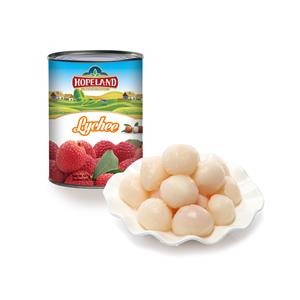Canned Food and Culinary Traditions: Preserving Heritage and Flavor
Culinary traditions are a vital part of cultural heritage, reflecting the history, values, and flavors of different communities. As lifestyles have evolved and global access to fresh ingredients has fluctuated, canned food has emerged as a key player in preserving these cherished traditions. This article explores the relationship between canned food and culinary traditions, highlighting how canned goods enrich diverse cuisines and help preserve food heritage.
1. Preserving Culinary Traditions
Culinary traditions are often handed down from generation to generation, encapsulating the flavors, techniques, and stories of a community. However, the preservation of these traditions can be challenging due to the availability of fresh ingredients and the time-intensive nature of many traditional recipes. Canned food provides a solution by offering a convenient and reliable way to preserve traditional dishes for future generations. Through canning, the essence of these recipes can be maintained, allowing families to continue enjoying and sharing their culinary heritage.
2. Accessing Traditional Ingredients
One of the key benefits of canned food is its ability to make traditional ingredients available year-round, regardless of season or location. Many traditional dishes rely on specific ingredients that may not be readily available in all regions or during certain times of the year. Canned food ensures easy access to these essential components, allowing people to recreate traditional recipes no matter where they are. This accessibility helps keep traditional cuisines alive and vibrant, even as global food markets and climates change.
3. Cultural Exchange and Integration
Canned food plays a significant role in cultural exchange by making traditional ingredients from different cuisines accessible to a broader audience. These ingredients, preserved and packaged, can be shared and incorporated into new recipes, creating unique dishes that blend diverse culinary traditions. This integration fosters a richer global food culture, where flavors and techniques from various backgrounds come together, enriching our culinary experiences and broadening our palates.
4. Convenience Without Compromising Flavor
Canned food offers the convenience of ready-to-use ingredients without compromising the flavor and integrity of traditional dishes. Advances in canning technology have ensured that the taste, texture, and nutritional value of canned ingredients are preserved to a high degree, closely resembling their fresh counterparts. This means that even when fresh ingredients are not available, individuals can still enjoy the authentic flavors of traditional recipes, making canned food a practical choice for maintaining culinary traditions.
5. Reviving Traditional Recipes
Canned food has also played a crucial role in reviving traditional recipes that might otherwise have been lost to time. By preserving essential ingredients, canned foods allow people to recreate authentic traditional dishes, helping to protect cultural heritage and promote culinary diversity. This revival not only honors the past but also ensures that these time-honored recipes continue to be enjoyed by future generations, keeping the flavors of our ancestors alive and well.
Conclusion
Canned food has become an integral part of culinary traditions, supporting the preservation, accessibility, and evolution of traditional dishes. By offering convenience and ensuring that traditional ingredients are always within reach, canned food plays a vital role in maintaining the rich tapestry of global food heritage. Whether through preserving age-old recipes, enabling cultural exchange, or supporting local producers, canned food continues to enrich our culinary traditions and ensure that the flavors of the past remain a vibrant part of our future.





